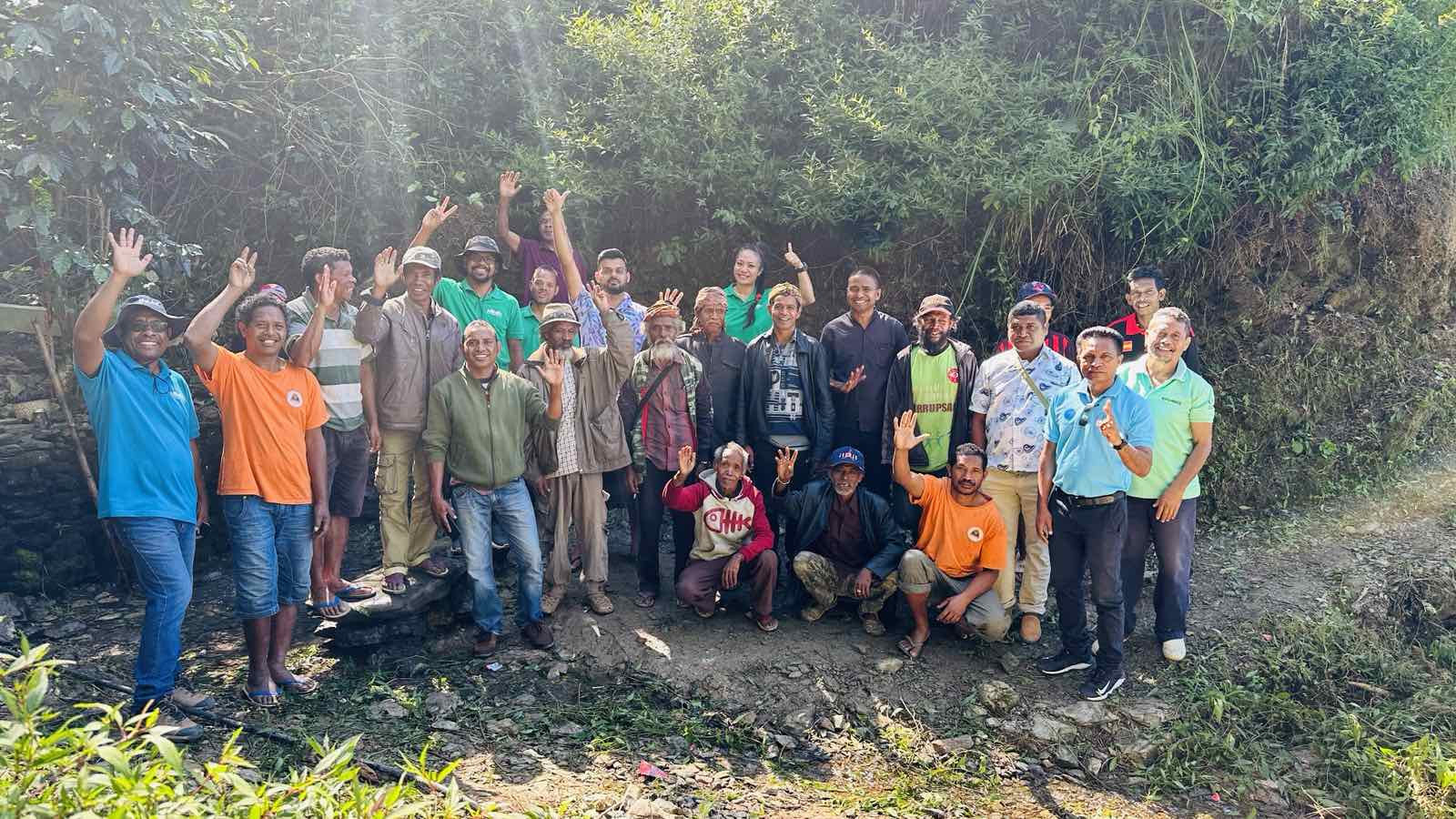Enhancing Climate Resilience and Sustainable Development in Timor-Lester: A Joint Mission for Positive Change.
03 July 2023

Timor-Leste possesses a rich cultural heritage, accompanied by breathtaking natural wonders and abundant biodiversity. These include pristine beaches, majestic mountains, and lush jungles.
Like many other Small Island Developing States (SIDS), Timor-Leste is currently facing significant challenges resulting from the consequences of climate change. The increasing global temperatures, shifting rainfall patterns, and more frequent and intense extreme weather events have far-reaching implications for various aspects of the country’s environment and society. Timor-Leste’s vulnerability to natural hazards such as droughts, floods, landslides, and soil erosion is particularly high.
To tackle these challenges, Timor-Leste is actively pursuing measures to enhance climate resilience and mitigate the effects of climate change. The government’s focus lies in sustainable land and water management, promoting renewable energy sources, and implementing strategies aimed at reducing greenhouse gas emissions. International cooperation and support are vital in assisting Timor-Leste in adapting to the impacts of climate change and establishing a sustainable future for its people.
Thanks to funding from the European Union-funded Intra-ACP GCCA+ Pacific Adaptation to Climate Change and Resilience Building (PACRES) programme. The National Directorate of Climate Change (NDCC) recently hosted a joint mission to Timor-Leste from the University of the South Pacific (USP) and the Secretariat of the Pacific Regional Environment Programme (SPREP) to conduct interviews and visit project activity sites.
The objective of the USP PACRES component is to identify the community impacts of the project through training initiatives. Mr. Rahul Prasad, Acting Project Team Leader for the USP PACRES Programme, accompanied by the NDCC team, traveled to Haupu village in the Ermera municipality on June 25, 2023, to participate in a ritual ceremony preceding the initiation of the SPREP PACRES water security project.
The PACRES team conducted interviews with community members and officials to assess the efficacy of the capacity-building activities provided by the USP PACRES component. These activities are designed to help them better understand climate change, disaster risk reduction, and gender mainstreaming.
During the interviews conducted, Mr. António Soares, the Letefoho Post Administrator, emphasized the significance of involving women in the water management team. He highlighted an ongoing government intervention that involves training local women in water management to enable their eligibility for participation in the water committee.
The village chief, Mr. Eugebio Martins, echoed this sentiment. He emphasized the significance of women’s participation, stating that “women are the primary users of water within households.” Mr. Martins went on to say, “In order to collectively improve water management, additional training for women should be provided alongside the local water resource management team.” Furthermore, in the Participatory Needs Analysis (PNA), Mr. Martins mentioned that community proactive participation in the development and management of local water resources was identified as an opportunity. As a result, local governments are working hard to ensure that everyone participates fully, regardless of gender.
The USP PACRES programme supports sub-national trainings on climate change and disaster risk management, as well as the mainstreaming of climate change and disaster risk management into national, sub-national, and community development plans and the scaling-up of ecosystem-based adaptation pilots.
The USP component of the European Union-funded Intra-ACP GCCA+ Pacific Adaptation to Climate Change and Resilience Building (PACRES) program is implemented in partnership with the Secretariat of the Pacific Regional Environment Programme (SPREP, the lead agency), The Pacific Community (SPC), and Pacific Islands Forum Secretariat (PIFS).